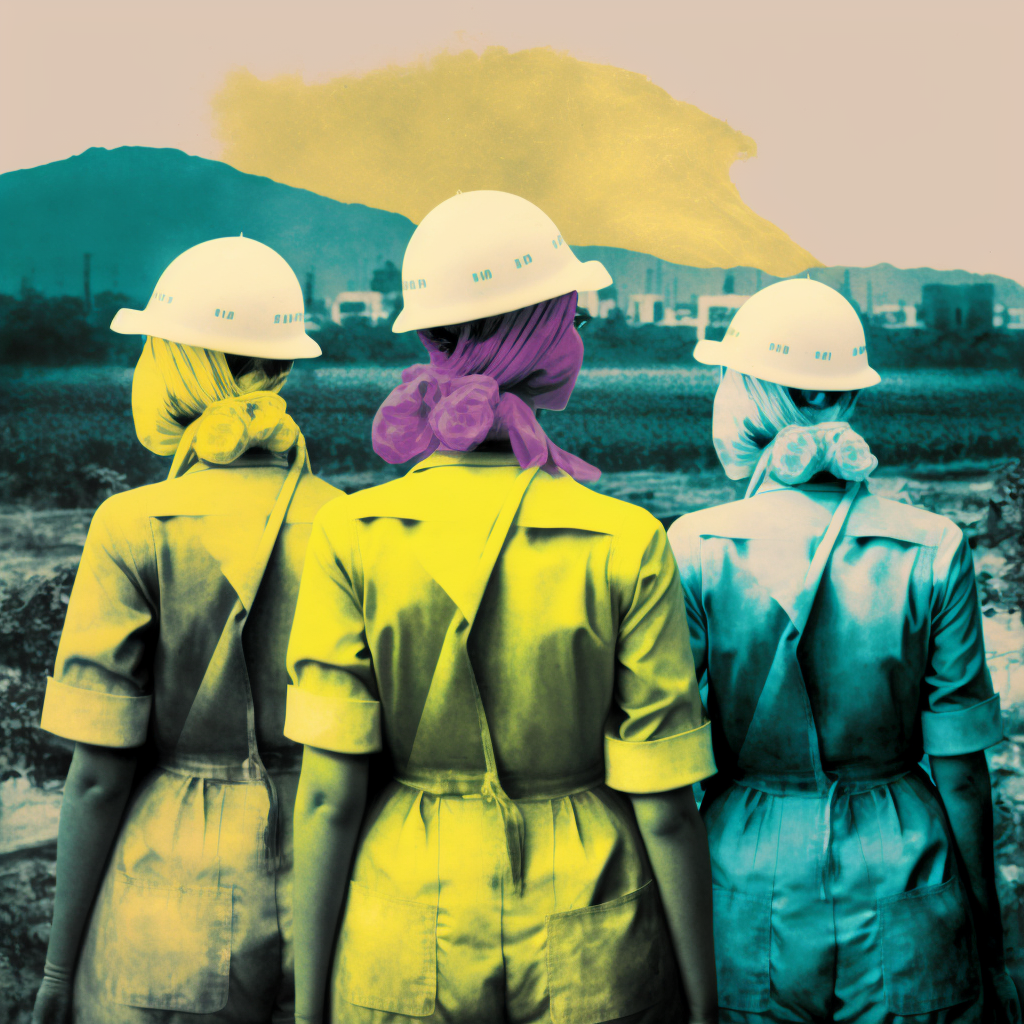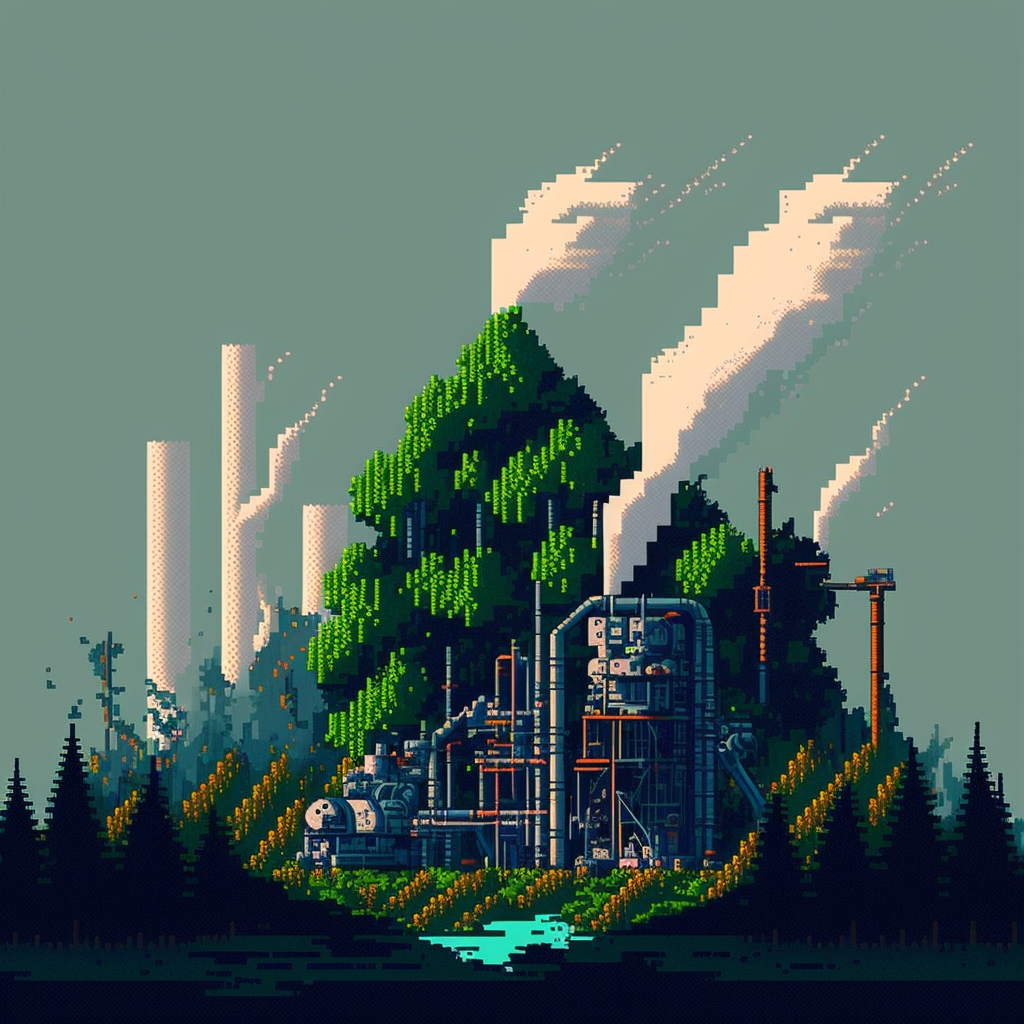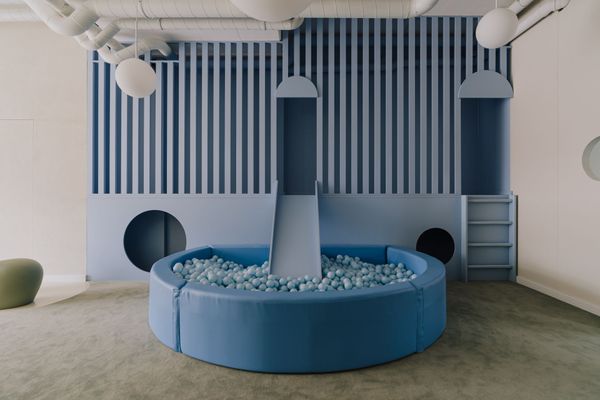Sustainable development and environmental protection are everyone’s responsibility, but what is the individual’s role concerning the „green issues?” How can we build an ecological society, and in which cases can „enclosure” be positive? Our interview with János Tóth I., a philosopher and a biologist, author of the book Ökologikus társadalom fenntartható népességgel (Ecological Society with Sustainable Population – the Transl.).
The title of your new book is Ökologikus társadalom fenntartható népességgel (Ecological Society with Sustainable Population – the Transl.) How can a state achieve this? Can a structural solution be found to optimize population growth?
I think from a theoretical point of view, understanding what ecological society means is more difficult than defining what a sustainable population is. The latter means that a society’s population size and age composition are permanently constant. In my opinion, achieving this is not a very difficult task if we are collectively aware of the problem, just as we keep an eye on economic indicators, such as GDP, inflation, or unemployment. Modern societies are aware of economic issues but lack consciousness about population and fertility questions. A society is aware of population issues if it intentionally strives to keep the population constant. There can be variations, though; for instance, higher immigration in case of lower fertility rates and higher emigration if the fertility rate is high. The ideal fertility rate in modern societies is 2,100 children per 1,000 women.
This sketches an ideal social structure.
Yes, you are right. Unfortunately, the only country in the developed world where the total fertility rate is higher than two is Israel, with a figure of three children per woman. There are, however, countries where the fertility rate is close to two; for example, in France, it is 1.8. It is clear that we need a shift to more family-friendly values, but unfortunately, the current trends do not point in this direction. So, Europe is moving even further away from the ideal demographic situation instead of getting closer to it.
While Europe is aging significantly, developing countries are experiencing strong population growth. What factors make it difficult to address the problem in Europe with intensifying immigration from the developing world?
Most demographers do not believe replacement migration is the right solution to the demographic winter. It leads to ethnic, linguistic, and cultural divisions and conflicts that a nation cannot manage. There are multilingual countries, such as Switzerland and Canada, but the cultural differences are not large there either; only the languages are different. In Switzerland, all three ethnic groups share the European culture. The greater the cultural difference, the more problematic the replacement migration. Some degree of migration is inevitable, but the main thrust should be to get the fertility rate to around two.

You discuss the necessity of the „green turn” in the new book. What exactly does this mean in practice?
Firstly, nowadays everyone talks about the „green turn”, but it often only means greenwashing. This communication is problematic because it is hypocritical; many companies and politicians talk about „green values” without taking them even slightly seriously. Putting this problem aside, it is also worrisome that the green turn is currently expected to go in the wrong direction. Moving toward globalization, open society, the growth of world trade, and cultural homogenization is not a good direction. We are going in the wrong way, thinking we are becoming greener, but we are actually moving away from sustainability. Humans are natural creatures, and we must adapt to the conditions of nature. Supra-individuality, meaning the structures above the individual, is crucial in ecology: population, species, ecosystem, and biosphere are all supra-individual structures, of which the individual is only a component. These are very important collective structures, but the contemporary zeitgeist is individualistic. We can understand ecological problems only if we focus on these collectivities. Compared to the human scale, the ecological structures are permanent, local, and diverse; in other words, they are permanently different in their locality. Therefore, ecological societies should also be locally constant but different from each other. The idea that all green societies, from the poles to the equator, must look the same is completely false. If they are the same, they are certainly not green, as then they failed to adapt to their natural environment and human endowments. This is why globalization is not the right way; globalization is incapable of capturing these differences and tries to constantly homogenize everything instead. The question of openness and enclosure is also a fundamental issue. Ecological structures are closed in the thermodynamic sense, meaning they are essentially in energy exchange only with their environment. Ecological structures always exist in a material cycle, and I think societies should be like that. Thermodynamic isolation means societies only exchange energy with their environment, not material. On the one hand, it is actually unattainable; on the other hand, getting closer to this ideal situation is still possible. In a nutshell, we should be moving toward this kind of enclosure. Everybody is scared of the world „closed” nowadays, but in the thermodynamic sense, it only excludes the exchange of material; it still allows the movement of energy, information, and cultures. In fact, the latter exchanges should be highly developed in an ecological society. So, I am not talking about cultural enclosure but only about the closure of material processes. The circular economy is an excellent example of this; it would be in line with the laws of ecology, in which circulation also plays an important role. Thus, only a society based on a circular economy can function in an ecological way, minimizing external material consumption. Energy, information, and culture can be consumed, and development is also allowed, but the exchange of materials with nature should aim to be zero. It would be a completely different direction from the current mainstream: the emphasis today is on global trade, the exchange of materials, and the movement of people. Today’s path is also wrong because it homogenizes even though nature is heterogeneous and diverse, in which only different forms of human communities can be ecological and sustainable. We should acknowledge that the old, traditional societies were ecological. Still, our modern societies can also thrive in that state with smart cities, a circular economy, advanced IT, and decarbonization. This approach can move us in the direction of an ecological society again.
Am I correct to say that the optimal „green turn,” in your understanding, is characterized by respect for nature and perhaps also means a bit of nationalism?
The concept of nationalism is, unfortunately, overloaded and overused. Nonetheless, it is certain that ethnic diversity is also a kind of diversity, and that diversity is a value. In the ecological world, I imagine national diversity is present. The notion of a global, homogeneous ecological society is conceptual nonsense. An ecological world must be diverse. If a homogeneous and open global society is created, with the same culture and language everywhere, it will undoubtedly be neither ecological nor sustainable. Nations are collective ethnic and cultural entities that are also inherently diverse but can co-exist. The problem with globalization is that it cannot respond to local problems. It fails in terms of finding adequate answers for issues resulting from specific natural conditions and also ignores cultural, technical, and demographic differences, and will always give a uniform response. The key point would be that the community adapts to its environment in a way that is in line with its own tradition, culture, and habitus.

What can individuals do to move in this direction? What are some practices that can be applied to enhance such a shift?
We need an open attitude towards environmental problems and must recognize that such issues are serious. Still, the end of the world is not coming tomorrow. According to scientific projections, our situation is not as hopeless as the „green ideology” and „green propaganda” claims. The spread of green thinking is good, but green hysteria is not because it prevents debates and makes dialogues impossible. I believe that the solution lies in structural changes. As individuals, we are put in an impossible situation: take planned obsolescence as an example. The individual is expected to live in an ecological way, meaning not to buy new things, but we are supplied with products with built-in obsolescence. So, this is a hypocritical and flagrant approach. A consumption-based economic structure developed, and then the radical greens came and started to demand that individuals should not consume. We must apply pressure to stop this hypocritical narrative and end this flawed approach. In addition, we should seek structural changes, such as building a circular economy based on goods that last longer. Individuals alone cannot make structural changes; at best, they can reduce their own ecological footprints. But corporations are producing goods in a way that actually forces the consumers to increase their ecological footprints. So those who care about the environment, especially the youth, constantly feels guilty for consuming. Consumers feel bad while the corporations can grow without any obstacles, which is very problematic. On the other hand, real progress, efficiency, and wisdom would be highly desirable; they mark the path we should follow.
Graphics: Réka Pisla

Prague’s Bohemia restaurant is back to its former glory

A café like no other | Bawić Bawialnia










